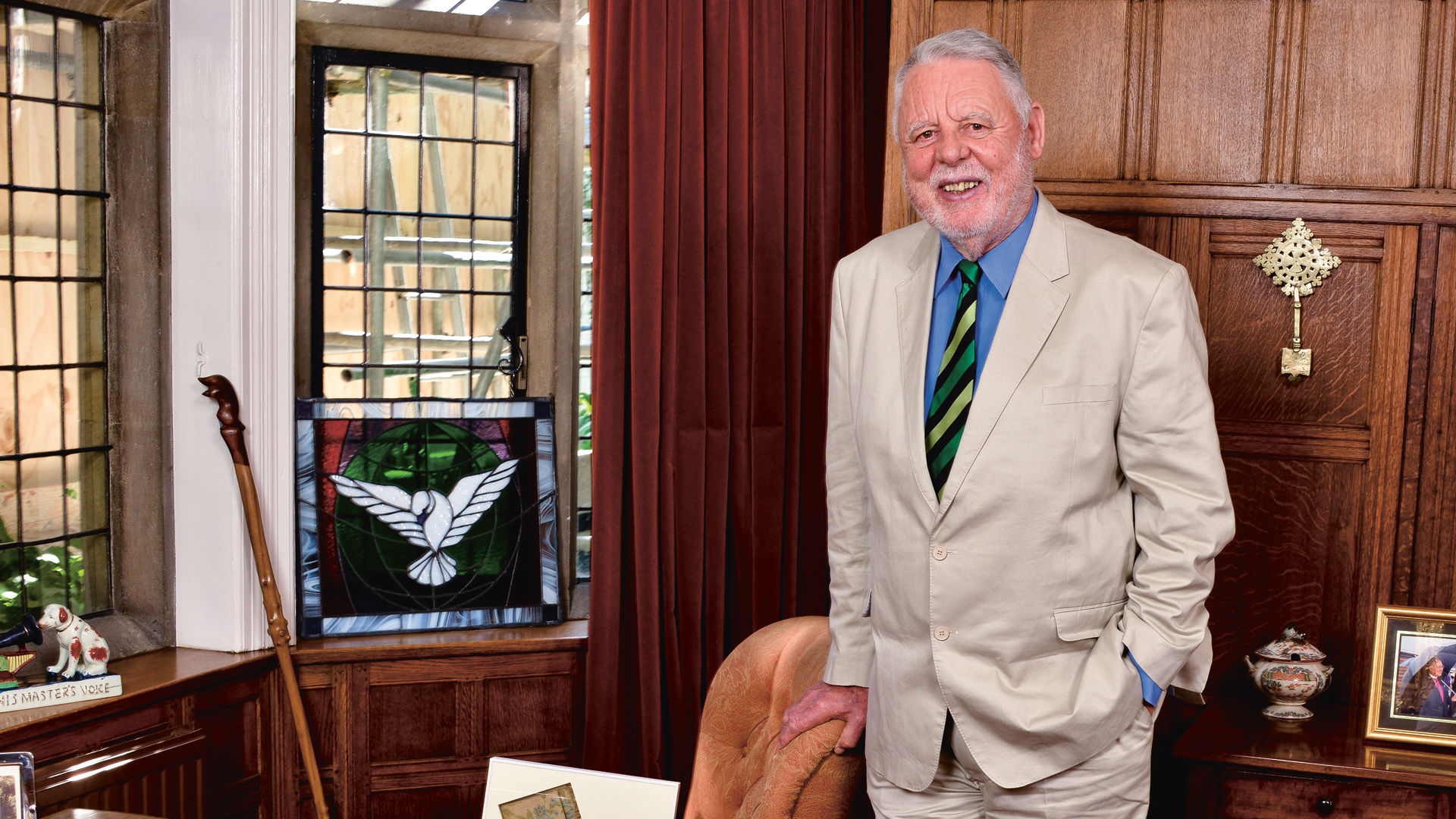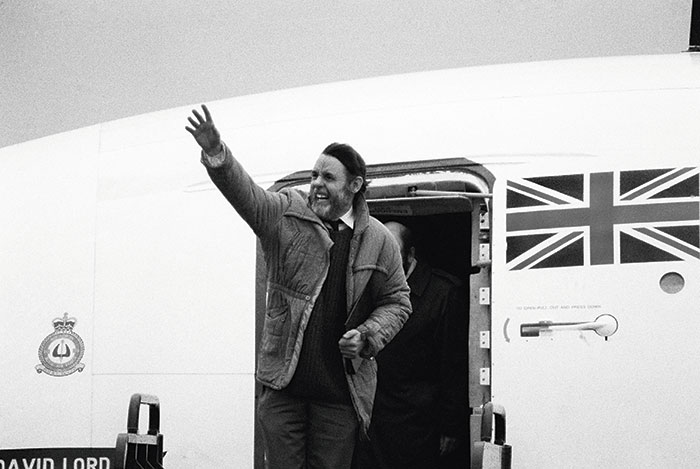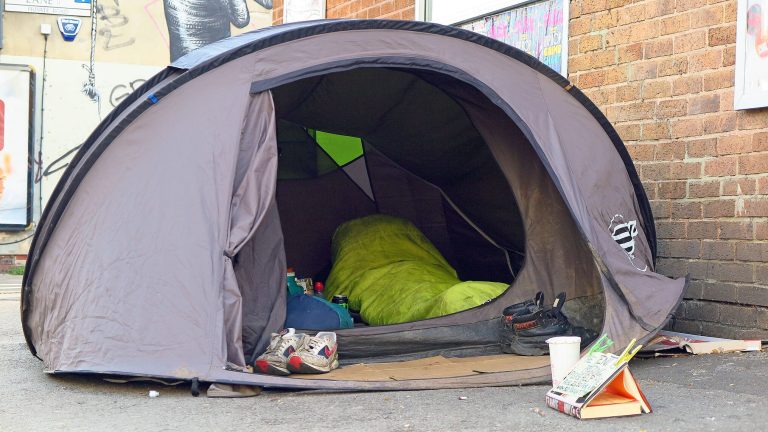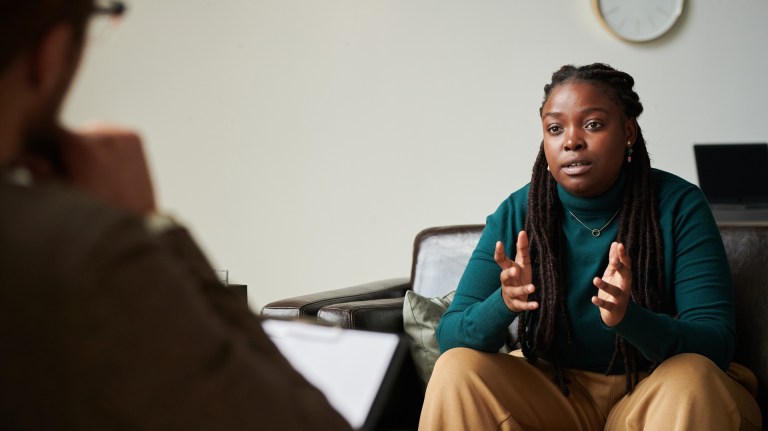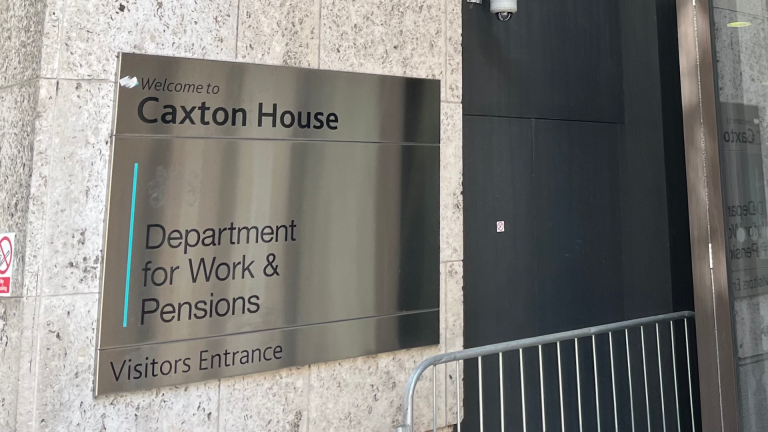I was the son of a policeman in a very small village in Cheshire so I could never get away with anything. I was always pointed out. It was a very small community but a very good community. We didn’t have much money – policemen weren’t paid very much in those days. So I always knew that if I wanted anything I had to work for it. I delivered newspapers, worked in market gardens, did everything I could to buy my first bike.
I felt strongly as a teenager that I really wanted to escape the confines of my small village. In those days you could hitchhike anywhere. My first trip was up to John O’Groats. Then when I was about 16 I went as far as Vienna. I think that adventurous spirit was always just part of me. It was probably encouraged by listening to the radio and being a great reader. I often went to second-hand book stalls and came home with armfuls of books about life in foreign climes. And that gave me ideas about places I’d like to visit.
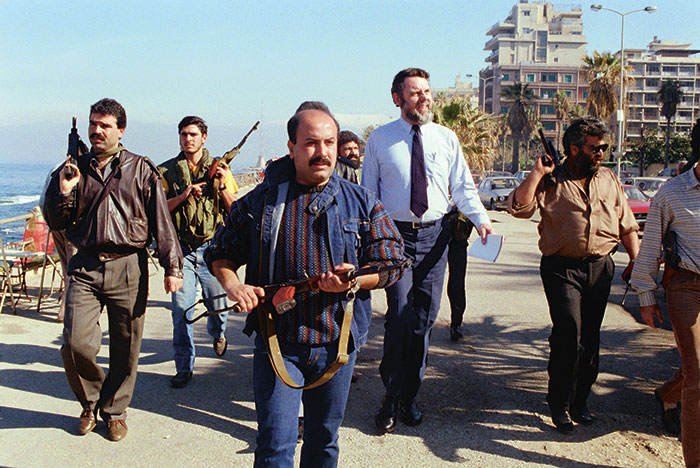
Being marked out as the policeman’s son did probably mean I wasn’t as much a part of the local groups of friends as I might have been. That could well be why I liked going off on my own to places where I wasn’t known. I remember my school was arranging a visit to France. It cost £15 and we didn’t have the money. I sat in the classroom on a sunny afternoon, with one or two others, watching everyone else getting on that coach to France. And I thought, oh my goodness, I’ve lost my chance, I shall never see anything outside of England now. But that thought was followed up by me telling myself, right, come on, if you can’t do it with them you’d better do it on the cheap by yourself. So I started going on these excursions. I must have been more confident than I realised to do that.
My father was a very, very good man. But I think he was affected by being brought up during the depression after World War I. His father’s business failed and that caused a lot of trouble for the family. At one point he had to leave home to find work and he became homeless. I didn’t know this until much later on in life. I think he was difficult to get to know because he was quite insecure himself and he wanted his children to feel secure. I finally got to know him when he was dying of cancer. I asked the surgeon if he’d told my father he was dying and he said, no, I’ll leave that to you. So I had to debate whether to tell him or not and it was a very emotional moment when I did eventually tell him. I said, I think your days are numbered now, it’s coming to the end. From that day on we had a much closer relationship. It taught me that in many cases it’s better to share the truth. He accepted the situation, put his affairs in order, and died at home and at peace.
In 1955, the year Terry Waite turns 16…
- Kermit the Frog makes his debut on US TV
- British Prime Minister Winston Churchill resigns
- Cardiff is declared capital of Wales
